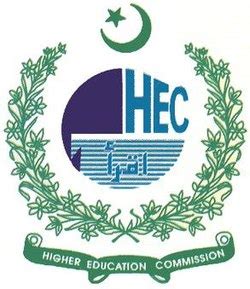Constructing Nature in the Classroom: An Eco linguistic Analysis of Depiction of Human-Nature Relationship in English Textbooks
DOI:
https://doi.org/10.51732/njssh.v11i1.242Keywords:
ecolinguistics, anthropocentrism, ecocentrism, human-nature relationship, English textbooks, deep ecology, conservation, environmental issuesAbstract
In the face of escalating environmental crises, the role of education in shaping young learners’ ecological consciousness has gained critical importance. School textbooks, particularly language textbooks, play a foundational role in constructing students' perceptions of nature and their relationship with the environment. The current research paper examines the representation of human-nature relationships in school textbooks and how it may impact the ecological awareness of young students. Drawing upon the ecolinguistics framework by Greta Gaard, this study aims to understand how textbook language and approach towards natural ecology may construct students’ perceptions of the environment. The analysis focuses on the degree of emphasis on ecological issues, the approach to human-nature interaction, and the presence of anthropocentric or eco-centric perspectives in the portrayal of nature in grades sixth and eighth English textbooks taught in government schools in the Khyber Pakhtunkhwa province of Pakistan. Through purposive sampling technique, lessons were critically evaluated using a qualitative approach to identify patterns, themes, and underlying ideologies in the language used to describe nature. The findings reveal that, on the one hand, ecological issues are not openly and adequately addressed in textbooks. On the other hand, texts that deal with any aspect of living or non-living natural ecology show a prevalence of anthropocentric language- depicting nature as a resource for human activities or merely a backdrop to such activities rather than emphasizing its intrinsic value. The current study found that the textbook material predominantly adopted a human-centered approach towards nature- depicting it in anthropocentric terms, thereby lacking students’ practical engagement with the environment. The paper examines the implications of this approach and highlights the need to revise textbook’s content and to include ecologically balanced narratives that foster a deeper respect for nature and promote sustainable thinking among students from an early age.








